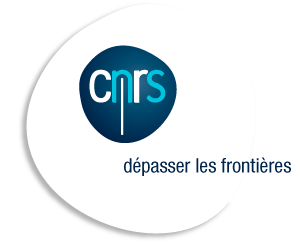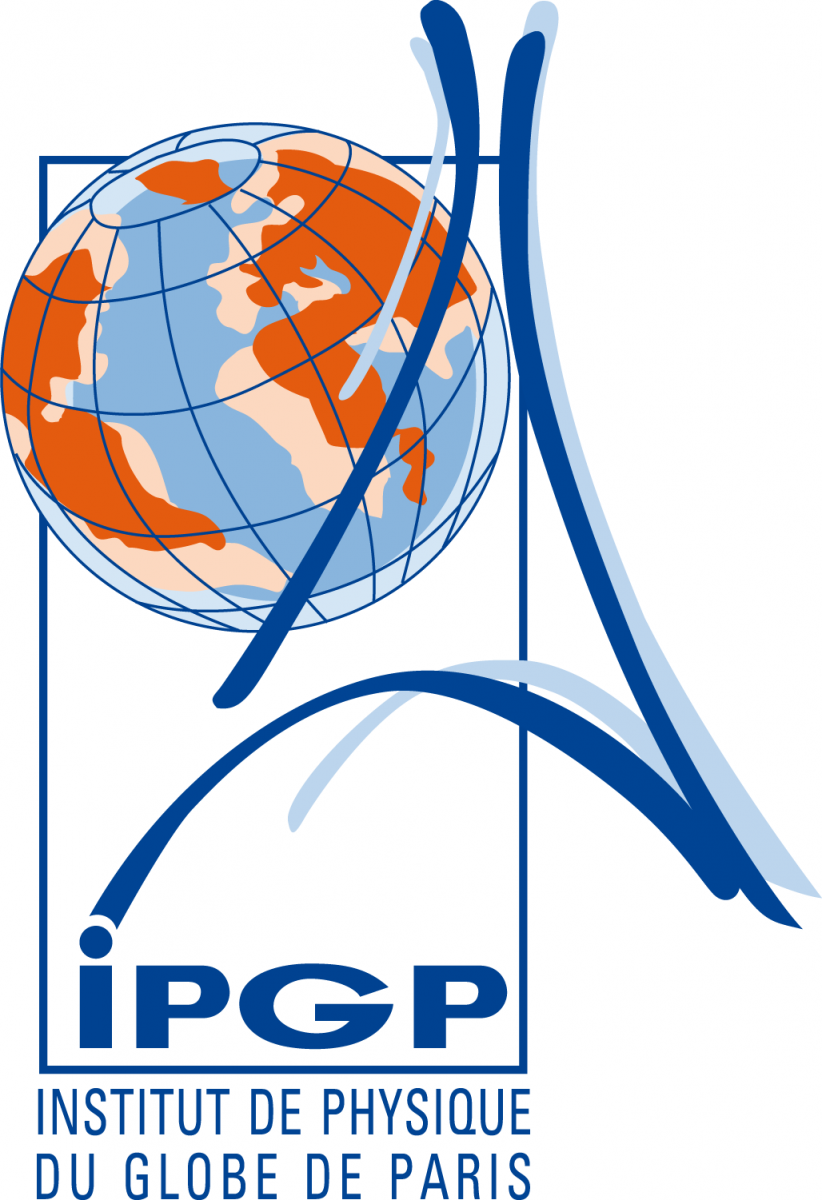As no major meeting of general interest to the deep-sea hydrothermal vent ecology and biology community was organized this year, the Vent Ecology WG has mainly been interacting at distance, through the internet.
High-throughput list
When the WG group was created, one of the goals was to encourage international collaboration, in particular for costly approaches such as transcriptomics (ESTs, microarray), genomics, and proteomics. The initial interactive list of these projects has been made available to all on the InterRidge website (http://www.interridge.org/highthroughput) that was originally set up by Stace Beaulieu (InterRidge Coordinator in Woods Hole). The goals are to avoid duplicating efforts, encourage common projects, and facilitate communication between groups interested in such approaches. This has been going on for nearly two years now, a good number of projects have been posted and we encourage people to add their projects to the list (http://www.interridge.org/node/add/highthroughput).
Biological sample sharing
Another goal of the WG is to enhance the distribution and use of specimens collected at vents (one of the tenets of the InterRidge “Code of Conduct”). The goal here is to minimize the impact of biological sampling by sharing the samples already collected. We hope this will also enhance international collaboration and perhaps enable scientists in countries without deep submergence assets to gain access to such samples. The WG is looking into having a code of conduct or transfer agreement for sample sharing to try to alleviate possible concerns of some researchers about sharing their samples. Our ultimate goal is to also have an interactive webpage with list of samples available and sample requests. These listings and requests would be announced periodically in the IR biweekly e-news. The WG will be working on this in the upcoming year.
Future of the ChEss database
ChEss is part of the Census of Marine Life program that ends in 2010. ChEss and the biology/ecology scientific community working at hydrothermal vents have been actively participating to ChEss activities. Although the ChEss database “ChEssBase” is integrated to the Ocean Biogeographic Information System (OBIS), there were concerns as to whether ChEssBase will be kept updated. ChEss coordinators are actively working on this subject.
Meetings
CAREX Strategic Roadmap Workshop (18-20 November 2009, Ostende, Belgium)
The EU-funded Coordination Action for Research Activities on life in Extreme Environments (CAREX) has held a series of workshops over the past two years. Although this deals research at the European level, representatives from the US were invited. The biology and ecology of hydrothermal vents occupies an important place in the CAREX program. The CAREX Strategic Roadmap workshop aimed to develop a synthesis of the outcomes from three previous workshops (Identification of model ecosystems, of the necessary technology platforms and infrastructures and of model organisms in extreme environments) and produce a strategic report addressing both future European research priorities in extreme environments and the technological developments needed to facilitate the research. The outcomes from this meeting will be published and distributed to national and European level funding bodies including the European Research Council. This will be an important document in advancing the development of a coordinated European capability in extreme environment research.
EXTREMOPHILES 2010
The 8th International Congresse on Extremophiles will be held in Sao Miguel, Azores Portugal September 12-16 2010.




